
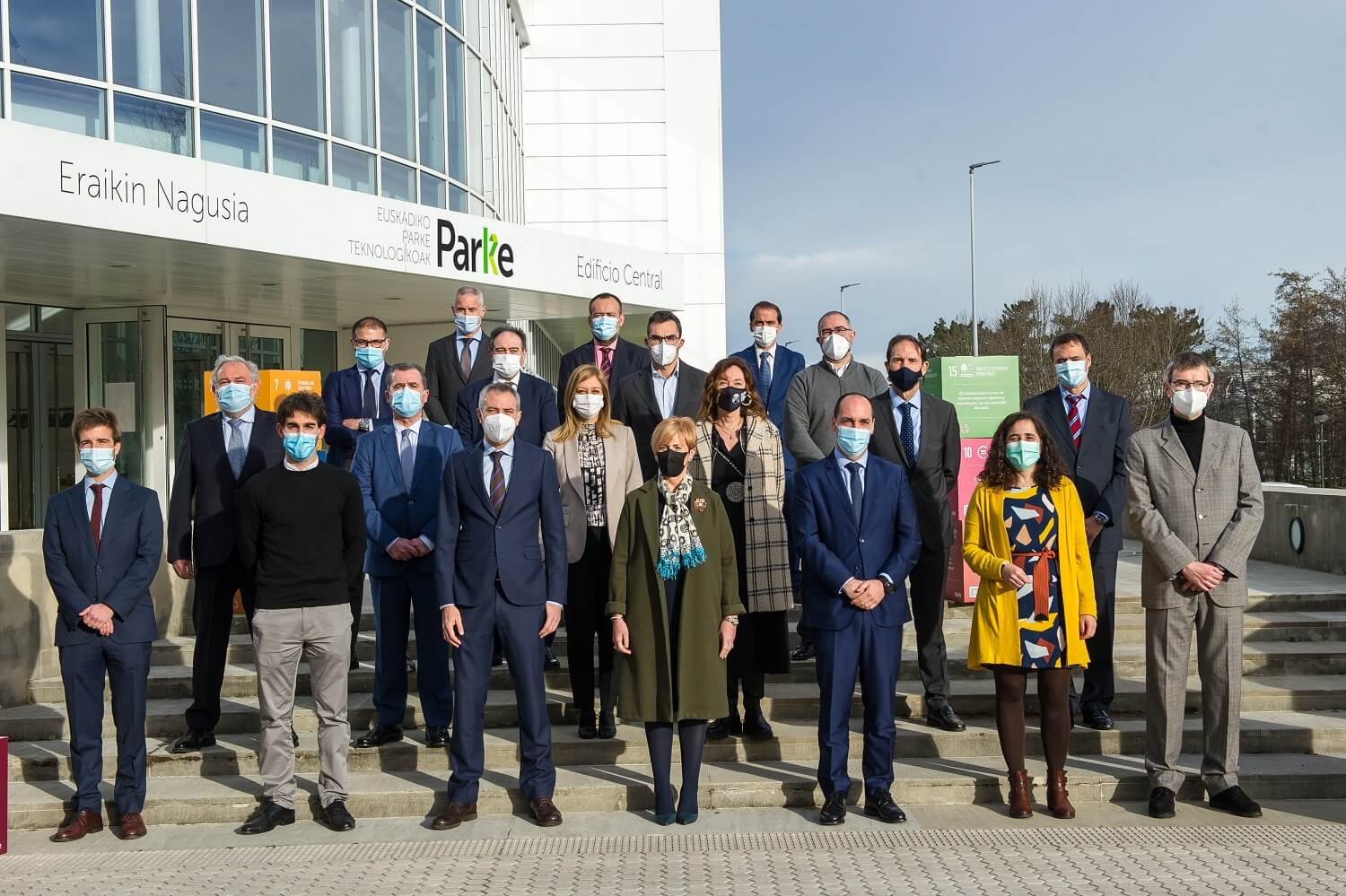
Representatives of the refinery (Energy Cluster), cement (Aclima), iron and steel (Siderex), foundry (AFV) and paper (Basque Paper Cluster) sectors met in San Sebastian to finalise the first phase of actions of the initiative Basque Net Zero Industrial Super Cluster launched last autumn to “achieve net zero emissions targets by 2050”.
The meeting was attended by the Minster for Economic Development, Sustainability and the Environment, Arantxa Tapia, and representatives of SPRI, and it has established the work plan to be developed in the coming months, in which Iberdrola and Petronor will play an important role as driving entities through the sharing of lines of activity that they develop or plan to launch to promote the decarbonisation of these sectors, among other actions.
The work plan designed for the development of the first phase of the Initiative, which is expected to run from April 2022 to April 2023, is structured in six work areas:
In order to make progress in the development of the identified works, the participants of the Basque Net Zero Industrial Cluster have agreed, through SPRI, that in the coming weeks they will coordinate the publication of a tender for technical support for the development of the work of this first phase, which is expected to take effect between April 2022 and April 2023.
Presented by the Minister for Economic Development, Sustainability and the Environment of the Basque Government Arantxa Tapia in the Basque Countryon 28th October and in the United Nations Climate Change Conference 2021-COP26 held in Glasgow on 3rd and 4th November 2021.The “Basque Net Zero Industrial Super Cluster” initiative is one of the four regional projects invited to take part in the initiative promoted by the World Economic Forum to achieve net zero emissions by 2050.
Specifically, the “Transitioning Industrial Clusters towards Net Zero” initiative, promoted by the World Economic Forum, aims to highlight the achievements of industrial clusters in the transition to net zero emissions and, in this way, to motivate and offer experiences and good practices to other clusters so they can take on commitments in the transition to net zero emissions.
With almost 80% of the world economy now committed to achieving net zero emissions, it is urgent to act to meet this ambitious goal, and it is essential that companies in the various industrial sectors, especially those with high energy consumption (and therefore the CO2 emissions associated with such consumption), play a key role in fulfilling these commitments.
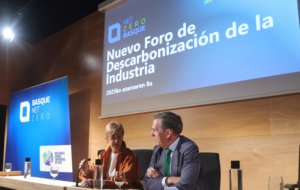 8 November, 2023 Environmental sustainability
8 November, 2023 Environmental sustainability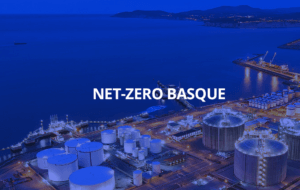 13 September, 2023 Environmental sustainability
13 September, 2023 Environmental sustainability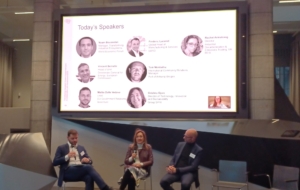 25 April, 2023 Environmental sustainability
25 April, 2023 Environmental sustainability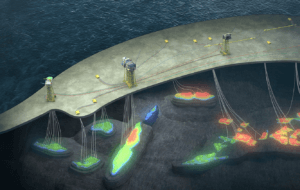 25 March, 2023 Basque Trade & Investment
25 March, 2023 Basque Trade & Investment 16 March, 2023 Environmental sustainability
16 March, 2023 Environmental sustainabilityFor SMEs, for diversifying markets, internships abroad, international tenders, non-reimbursable subsidies to consolidate exports, subsidies for deployments or specific training in internationalisation.
You’re interested, right?